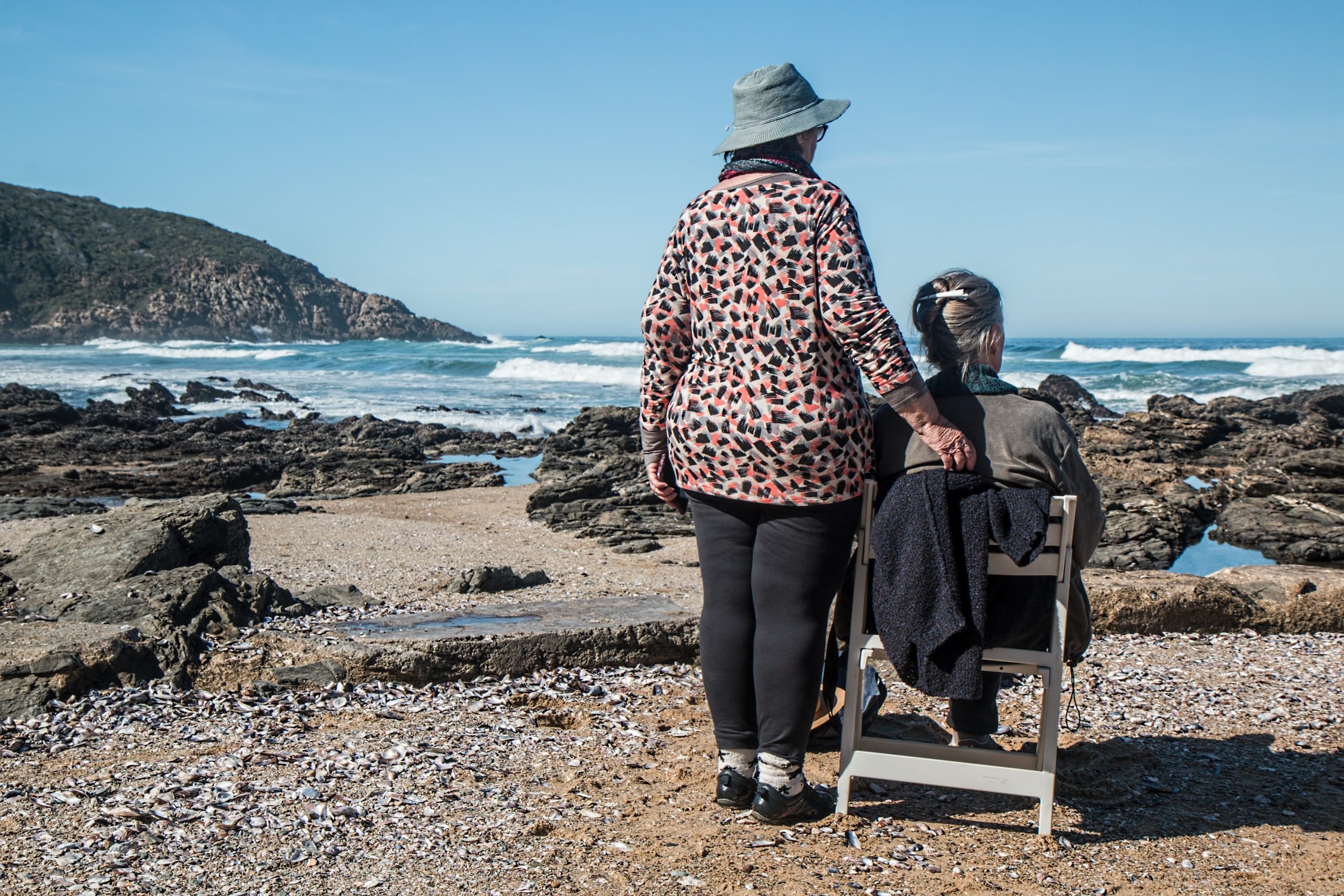Building a Support Network for Alzheimer’s Care: Who to Turn to and Why

The image is not directly related to the article. It merely symbolizes the life of elderly people.
Building a Support Network for Alzheimer’s Care: Who to Turn to and Why
What is Alzheimer’s disease?
Why is building a support network important for Alzheimer’s care?
Building a support network is crucial for Alzheimer’s care because it can help alleviate the physical, emotional, and financial burdens that come with caring for someone with the disease. A support network can provide caregivers with resources, information, and emotional support that can help them cope with the challenges of caregiving and improve the quality of life for both the caregiver and the person with Alzheimer’s.
Who should be included in an Alzheimer’s support network?
An Alzheimer’s support network can include family members, friends, healthcare professionals, community organizations, and support groups. It’s important to choose people and organizations that can offer practical and emotional support, as well as resources and information about the disease.
What are some resources that can be offered by an Alzheimer’s support network?
An Alzheimer’s support network can offer a range of resources, including information about the disease, tips for managing symptoms, assistance with daily activities, respite care, and emotional support for caregivers. Support groups can also provide a safe and supportive environment for caregivers to share their experiences and connect with others who are going through similar challenges.
How can community organizations help support Alzheimer’s caregivers?
Community organizations can offer a variety of services to support Alzheimer’s caregivers, including meal delivery programs, transportation assistance, and home health services. They can also provide educational resources and support groups that can help caregivers connect with others in their community who are going through similar experiences. These organizations can be a valuable source of information and support for caregivers who may feel isolated or overwhelmed.
How can healthcare professionals help support Alzheimer’s caregivers?
Healthcare professionals can provide a range of services to support Alzheimer’s caregivers, including medical care for the person with Alzheimer’s, counseling and support for caregivers, and referrals to community resources. They can also provide information about the disease, offer guidance on managing symptoms, and help caregivers create a care plan that meets the needs of both the caregiver and the person with Alzheimer’s.
As Alzheimer’s disease progresses, caregivers may find it increasingly difficult to manage the physical, emotional, and financial demands of caring for someone with the disease. Building a support network can help alleviate some of these burdens by providing caregivers with practical and emotional support, as well as resources and information about the disease.
An Alzheimer’s support network can include family members, friends, healthcare professionals, community organizations, and support groups. These individuals and organizations can offer a range of resources, including information about the disease, tips for managing symptoms, assistance with daily activities, respite care, and emotional support for caregivers.
Community organizations can offer a variety of services to support Alzheimer’s caregivers, including meal delivery programs, transportation assistance, and home health services. They can also provide educational resources and support groups that can help caregivers connect with others in their community who are going through similar experiences.
Healthcare professionals can provide a range of services to support Alzheimer’s caregivers, including medical care for the person with Alzheimer’s, counseling and support for caregivers, and referrals to community resources. They can also provide information about the disease, offer guidance on managing symptoms, and help caregivers create a care plan that meets the needs of both the caregiver and the person with Alzheimer’s.
By building a support network that includes a variety of individuals and organizations, caregivers can access the resources and information they need to provide quality care for someone with Alzheimer’s disease. This support can help caregivers cope with the challenges of caregiving, reduce stress and burnout, and improve the overall quality of life for both the caregiver and the person with Alzheimer’s.
The image is not directly related to the article. It merely symbolizes the life of elderly people. Building a Support Network for Alzheimer’s Care: Who to Turn to and Why What is Alzheimer’s disease? Alzheimer’s disease is a progressive brain disorder that affects memory, thinking, and behavior. It is the most common cause of dementia…
Recent Posts
- Empowering Caregivers: The Best Online and Offline Resources to Enhance Your Skills
- Traveling with a Purpose: The Rise of Volunteer Vacations
- Breaking Stigma: Dispelling Myths about Mobility Aids and Disability
- Avoiding Probate: How Trusts Can Simplify the Estate Settlement Process
- Senior Citizens Beware: Common Financial Scams and How to Stay Protected

